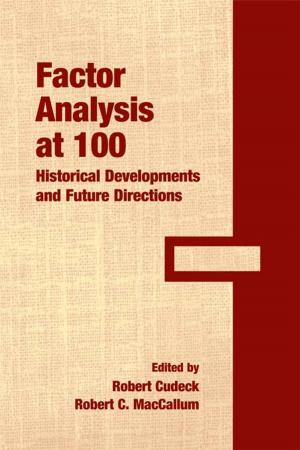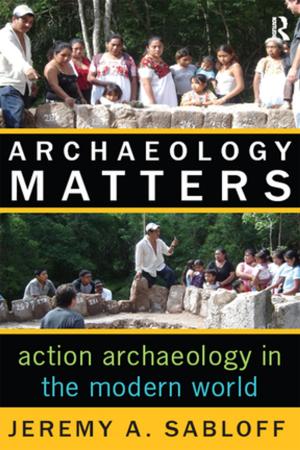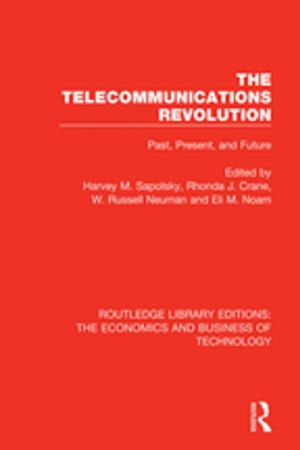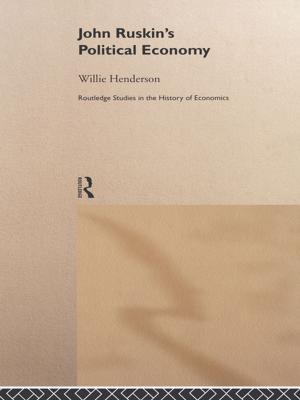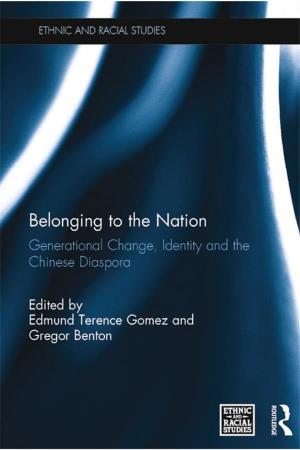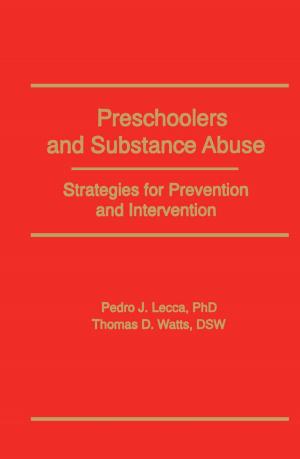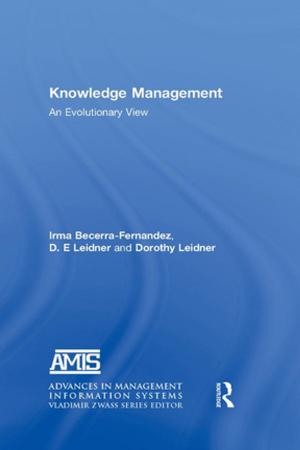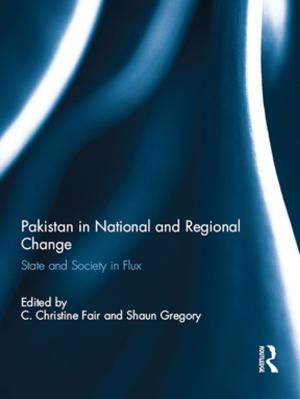Canadian English
A Sociolinguistic Perspective
Nonfiction, Reference & Language, Language Arts, Linguistics| Author: | James A. Walker | ISBN: | 9781135913762 |
| Publisher: | Taylor and Francis | Publication: | June 5, 2015 |
| Imprint: | Routledge | Language: | English |
| Author: | James A. Walker |
| ISBN: | 9781135913762 |
| Publisher: | Taylor and Francis |
| Publication: | June 5, 2015 |
| Imprint: | Routledge |
| Language: | English |
This textbook is the only one of its kind to introduce the study of Canadian English in the context of basic concepts of linguistics and sociolinguistics. The book provides foundational information on linguistic principles and on the different branches of sociolinguistics, ranging from the large-scale ‘macro’ study of language usage (the sociology of language, dialect surveys) to the ‘micro’ study of language use (sociophonetics, sociolinguistic variation and change). Each chapter highlights the different ways of collecting and analyzing data, including census data and historical texts, surveys and questionnaires, publically available corpora, and interviews. Mini-projects at the end of each chapter offer hands-on experience with the methods presented in the chapter. In addition to discussing the classic works in the study of Canadian English, this book engages with such contemporary issues as new-dialect formation, language and social identity, and ongoing language change, making it key reading for students taking courses in the areas of Canadian English, varieties of English, language variation, and sociolinguistics.
This textbook is the only one of its kind to introduce the study of Canadian English in the context of basic concepts of linguistics and sociolinguistics. The book provides foundational information on linguistic principles and on the different branches of sociolinguistics, ranging from the large-scale ‘macro’ study of language usage (the sociology of language, dialect surveys) to the ‘micro’ study of language use (sociophonetics, sociolinguistic variation and change). Each chapter highlights the different ways of collecting and analyzing data, including census data and historical texts, surveys and questionnaires, publically available corpora, and interviews. Mini-projects at the end of each chapter offer hands-on experience with the methods presented in the chapter. In addition to discussing the classic works in the study of Canadian English, this book engages with such contemporary issues as new-dialect formation, language and social identity, and ongoing language change, making it key reading for students taking courses in the areas of Canadian English, varieties of English, language variation, and sociolinguistics.




